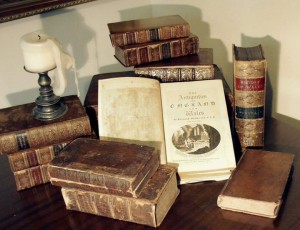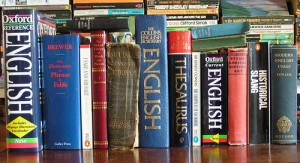John Hales was a principled English protestant divine born at Bath in 1584. After an education at Oxford, he was elected fellow of Eton College, the capacity for which he is best known. By 1636, his liberal theological views had brought him into conflict with the masterful,autocratic William Laud, Archbishop of Canterbury, who however, was so charmed by his learning and conversation, that he appointed him as a canon of Windsor.
Hales was a man of learning, well read in many branches of literature, a man of sound common sense, well balanced and moderate in his views, disliked extremism, with a reputation as a peacemaker among his contemporaries. He taught a passion for unity, the value of study, a questioning of religious dogma, but also the necessity of faith. He greatly admired the teachings of Faustus Socinus (see Post: The Socinians in Poland ), and Clarendon said of Hales, ‘he would often say that he would renounce the Church of England tomorrow if it obliged him to believe that any other Christians should be damned, and that nobody would conclude a man to be damned who did not wish him so.’
Hales was one of the earliest admirers of Shakespeare, Dryden saying of him, ‘there was no subject of which any poet ever writ, but that he would produce it much better done in Shakespeare’. Like many scholars, Hales wrote little, and reluctantly. His miscellaneous writings were collected and published in 1659, under the title ‘Golden Remains of the Ever Memorable Mr. John Hales’
In 1649, Hales was turned out of his Eton fellowship, having refused to take the oath of ‘engagement’ to the Cromwellian regime. This oath took the form: “I do declare and promise, that I will be true and faithful to the Commonwealth of England, as it is now established, without a King or House of Lords.” He refused on the basis of neutrality. He spent the rest of his life in great want, which was relieved to some extent by the sale of his valuable collection of books. He died on 19 May 1656.
